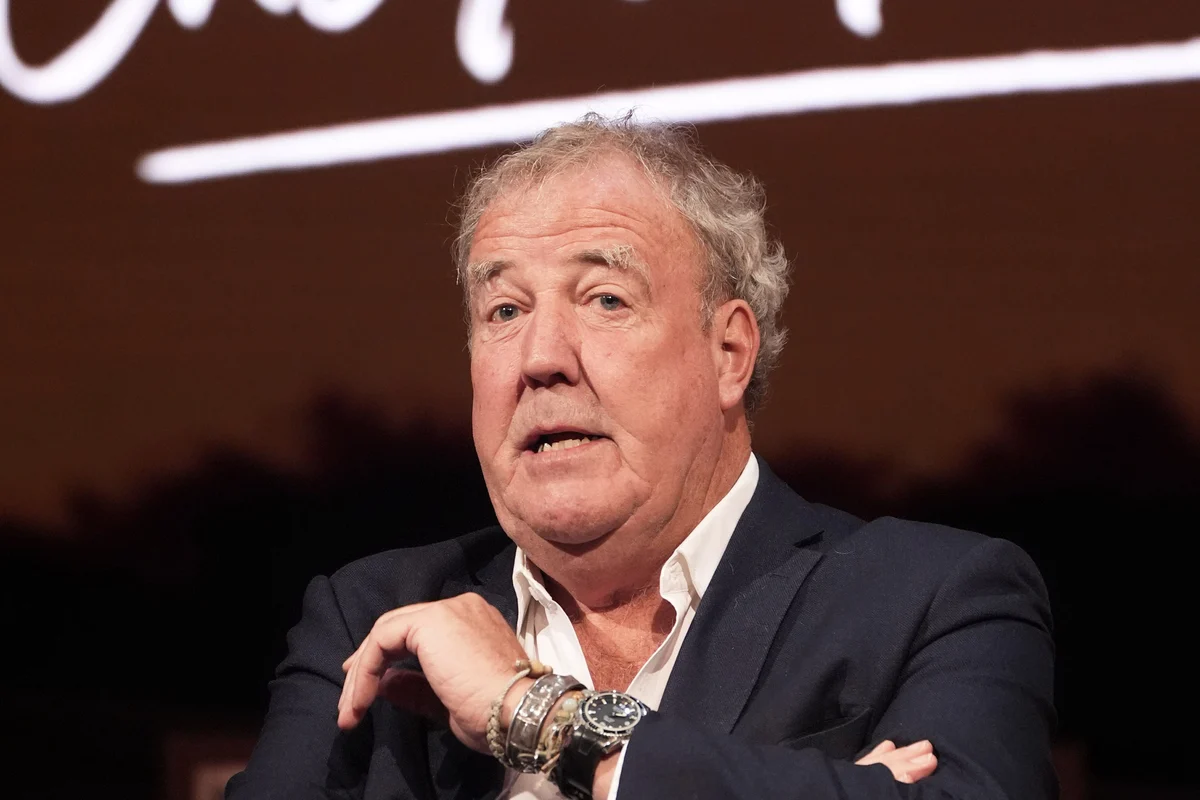By Cameron Carpenter,Editor
Copyright dailymail

Australia Post has opened cashless post offices that no longer handle physical money in recent years, sparking outrage from customers who question how an essential government-run service can refuse legal tender.
The Kent Street branch in Sydney’s CBD does not accept cash, along with the Manly post office on the city’s Northern Beaches, which only allows digital payments via phone or card.
Australia Post said the move is to help with a more ‘streamlined and secure transaction process’ but customers are not impressed.
‘It’s unacceptable that a government service does not accept the legal tender of this country,’ one said.
Another said: ‘Not cool for a fundamental service, many clients with disabilities still use cash,’ one person replied, adding they worked for a disability support organisation.’
The move comes as Australians have rapidly embraced tap-and-go technology in recent years, with research showing cash could vanish from circulation within a decade.
The change comes at a time that it has been revealed shoppers are being slugged with hidden surcharges on card use, costing them as much as $140 a year.
Finder’s head of consumer research Graham Cooke told Daily Mail Australia many restaurants, bars and retail businesses are not disclosing their fees to customers.
Inserting a card into an EFTPOS machine typically costs a merchant less than 0.5 per cent per transaction, while using contactless Visa and Mastercard can amount to 0.5 to 1 per cent for debit cards and 1 to 1.5 per cent for credit cards.
On a $100 purchase, the average cost added is 28c for EFTPOS, 52c when using the Mastercard network, 47c for Visa and a whopping $1.88 for digital payments provider Square.
While some larger businesses such as Australia Post absorb these costs, many smaller ones pass them directly onto customers.
‘I run a small business we were using Square to take Eftpos last financial year, it cost us 40k in fees, we just can’t absorb the costs. Cash is king,’ one operator wrote.
Even some bigger players still charge for using plastic. While Coles and Woolworths supermarkets absorb the fees, discount retailer Aldi applies a small standard charge on all card transactions.
Mr Cooke said it was ‘kind of impossible to use plastic in Australia and not encounter one of these fees’.
Federal Treasurer Jim Chalmers last year said the government was prepared to ban fees on debit card transaction from the start of 2026.
Professor Richard Holden, from the University of New South Wales, said the government had an incentive to end the use of hard currency, as cash payments can be used to dodge tax.
‘We have very, very high income taxes and if we’re leaving several billion dollars a year on the table, by letting tax cheats use cash to evade the taxes the rest of us pay, I just don’t have a lot of sympathy for those people,’ Prof. Holden told the Daily Mail.
‘People are using credit and debit cards more because of the increased availability of EFTPOS machines.
‘I acknowledge it would need to be a transition and some people are very attached to cash, but I really think it will go the way of cheques.
‘We could transition fully away from cash, I think it could be done in about three years or so – you’d probably start by eliminating the $100 bill and the $50 bill in a year and you work your way through.’
Despite the decline of banknotes, Treasurer Jim Chalmers is proposing a cash mandate that would take effect in January 2026, forcing all businesses to accept notes as payment.
‘They’re just playing politics,’ Prof Holden said. ‘I’m sure that’s been focus grouped to death and that Jim thinks it’s a political winner – that’s fine, he’s a politician, I’m an economist.’
Michelle McPhee, a Reserve Bank assistant governor in charge of business services, said moving cash around the country is costly and warned of risks to Australia’s near-monopoly cash delivery firm Armaguard.
‘We saw cash use take a step level down during Covid and that created significant difficulties for those who distribute cash around the economy,’ she told the Economic Society of Australia.
‘One of the great challenges, as you point out in Australia, is our geography is so disparate and we have cash users in the regions so it creates a lot of difficulty to try and structure a cash distribution model that’s effective if you have low volumes and you also have great distances to cover.’
Armaguard is now struggling financially despite controlling most of the nation’s banknote transport.
The Big Four banks, Coles, Woolworths and retail giant Wesfarmers last month injected $25.5 million to keep it afloat until December.
‘Armaguard did find themselves in some difficulty – they merged with Prosegur and that organisation covers about 90 per cent of cash movements in this country,’ Ms McPhee said.
‘When you have one player who dominates to the extent that they do, it’s a key risk for the infrastructure that provides cash.



